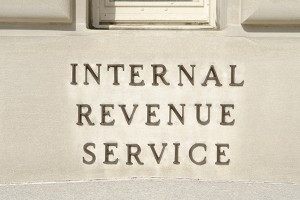The Pennsylvania Wrongful Death statute allows the personal representative of an estate to bring an action for the benefit of a decedent’s spouse, children or parents to recover damages for the death of the decedent caused by the wrongful act, neglect, unlawful violence of another. The statute entitles a plaintiff to recover damages for pain and suffering, loss of earning power, medical and hospital bills, funeral expenses and certain estate administration expenses.
Wrongful death proceeds are not taxable for Pennsylvania Inheritance purposes or for federal income tax purposes. On the other hand survival action proceeds are subject to Pennsylvania inheritance tax. Since Pennsylvania taxes survival actions but not wrongful death actions, you, through your attorney want to maximize the wrongful death recovery amount. The court tends to allocate the proceeds of wrongful death actions and survival actions based upon the facts of the case and the evidence presented by your attorney.
Under the Pennsylvania Probate, Estate and Fiduciary code the Pennsylvania Department of Revenue is an interested party in any orphan’s court proceeding. Therefore your attorney must get written consent from the Pennsylvania Department of Revenue regarding the proposed allocation since its interests will be adversely affected by the amount allocated to the wrongful death action.
Survival Actions are valued at the decedent’s date of death for Pennsylvania Inheritance tax purposes. Any unpaid Inheritance tax is due within thirty days after the estate receives the proceeds. If there is any tax due beyond thirty days the Pennsylvania Department of Revenue begins charging interest on the unpaid balance which is currently 6%.
Contact Gregory J. Spadea
If you have a question about a wrongful death action or survival action please contact Spadea & Associates, LLC online or at 610-521-0604, located in Folsom, Pennsylvania.















